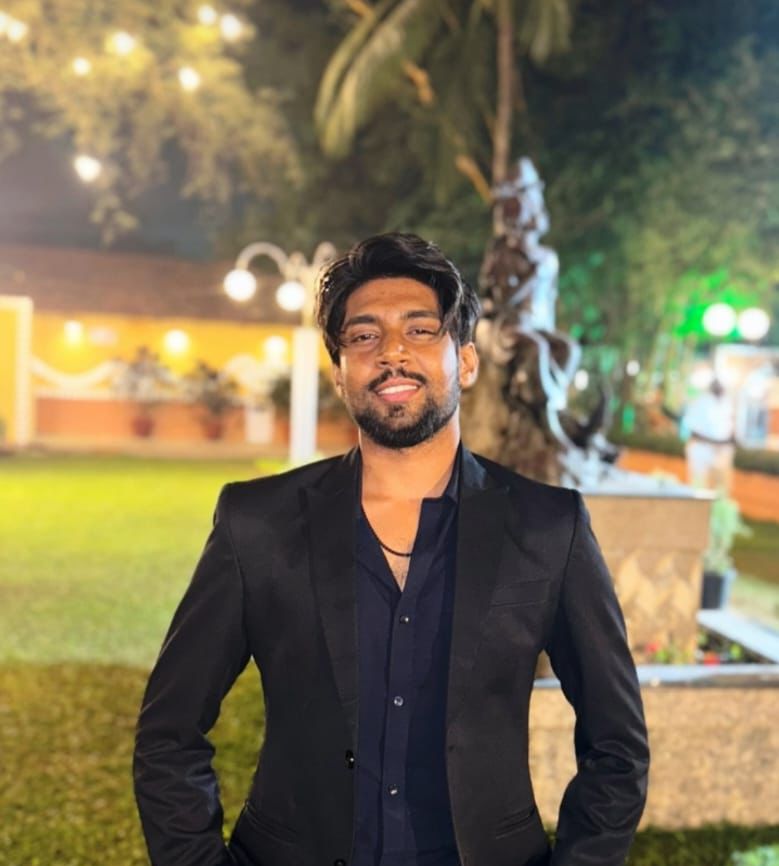
Zeon Romano
There are few acts as selfless, as powerful, and as life-affirming as organ donation. Every year, Indian Organ Donation Day offers us a moment to pause, reflect, and honour those whose final act of kindness became someone else’s second chance at life.
It was on August 3, 1994, just weeks after the Transplantation of Human Organs Act (THOA) was passed, that a team led by Dr P Venugopal performed India’s first successful heart transplant at AIIMS, New Delhi. That landmark moment not only changed the course of medical history in our country — it also marked the beginning of a movement powered by hope, courage, and the deep generosity of the human spirit.
Since then, Indian Organ Donation Day has become much more than just a commemoration. It is a celebration of the lives saved, of the families who found meaning in their grief, and of the countless unsung heroes who chose to give life to others.
Organ donation is a deeply human act — an act of selfless love and compassion. It involves an individual willingly offering their organs or tissues, either during their lifetime or after death, to help someone live. The THOA Act also introduced the concept of brain death into Indian medical and legal understanding as a form of irreversible loss of brain function where the person is legally and medically declared dead, even if ventilators keep their heart beating inside the ICU.
In circulatory death, only tissues like the cornea, skin, heart valves can be donated and that too within 6 hours of passing away. In brain death, vital organs such as — the heart, lungs, liver, kidneys, pancreas and small intestine can be donated. A single donor can save or heal up to eight lives.
Sadly, India sees more than 150,000 road accidents – a leading cause of brain death. Yet, the number of actual organ donations after death, remains heartbreakingly low. Thousands wait. Many don’t survive the wait.
This is why Indian Organ Donation Day is so important — to spread awareness, challenge misconceptions, inspire pledges, and above all, to honour the extraordinary courage of donors and their families.
In Goa alone, around 64 patients are currently waiting for organ transplants. Eight brave families, faced with unimaginable loss, made the choice to donate their loved one’s organs after brain death. Their decisions have already led to 16 kidney transplants within Goa, and the allocation of 7 livers, 4 hearts, and 2 lungs to recipients across India. Behind each number is a name, a family, a future restored.
One such name is Zeon Romano, a young man from Candolim whose life had come to a standstill after years on dialysis. In 2024, everything changed when he received the kidney he had almost stopped hoping for. He now calls his donor family “nothing less than a blessing.” Today, he’s back at work, enjoying the simple joys of daily life — something he once feared he’d never experience again.
Another profoundly moving story is that of Merwyn Goes, who, when faced with his wife’s sudden kidney failure during a holiday in Goa, didn’t hesitate. Despite incompatible blood types, he underwent rigorous testing, lost weight, and changed his lifestyle — all to be able to donate. Their love and determination, combined with medical advancements, led to a successful transplant. This year, they celebrate eight beautiful years of renewed life and togetherness.
Thanks to the tireless efforts of organisations like SOTTO Goa, IMA Goa State Branch, and MOHAN Foundation, more Goans are stepping forward to pledge their organs and become part of this life-giving mission.
Indian Organ Donation Day is therefore not just a date — it is a call from the heart. A call to believe in the power of giving. A call to transform grief into grace. A call to ensure that no one dies for lack of a donor. Let us honour that gift. Let us pledge. Let us give life.
(The writer is Organ Donation Ambassador, MOHAN Foundation, Duler–Mapusa)